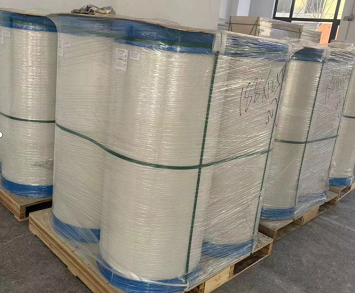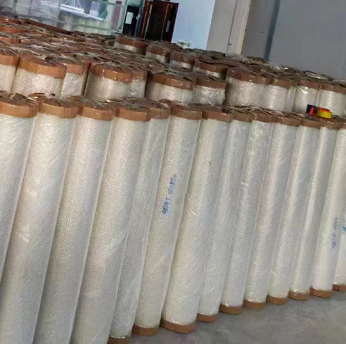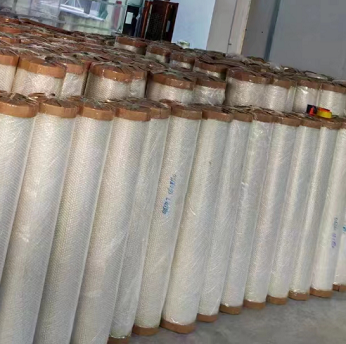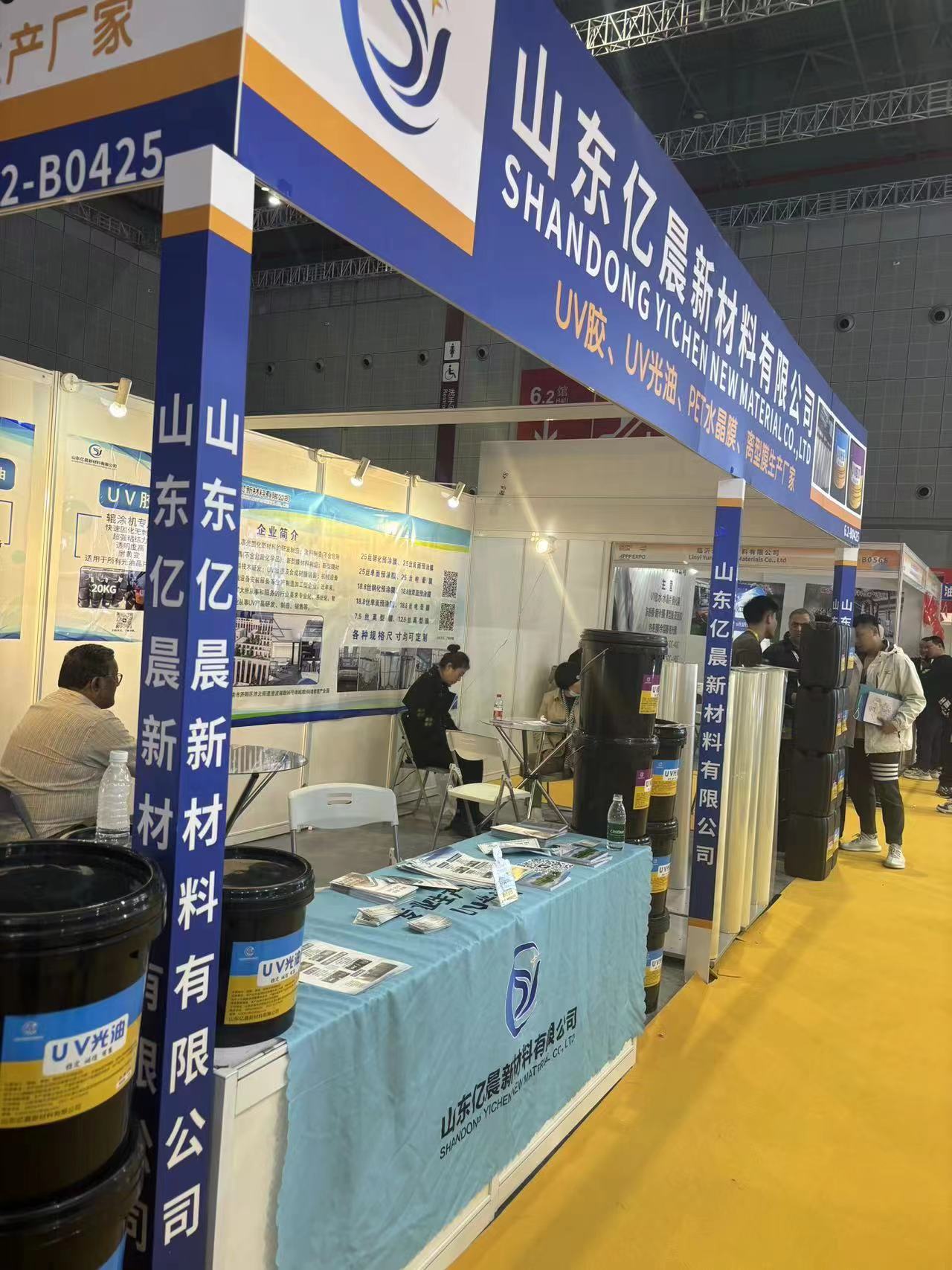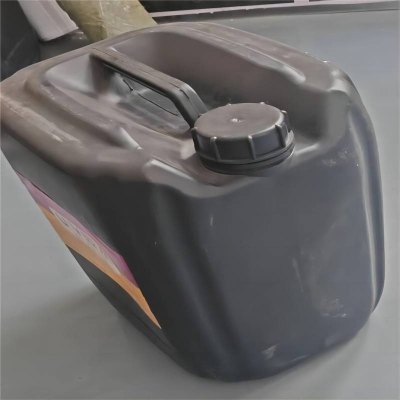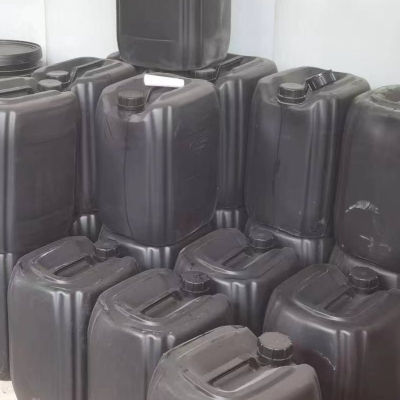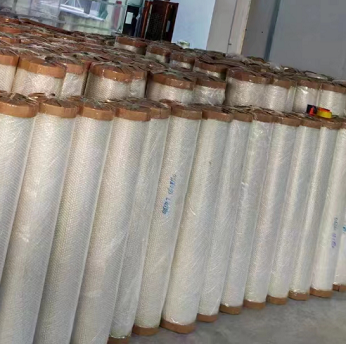Polyester Films
Polyester films, also known as PET films (polyethylene terephthalate films), are a type of versatile plastic film widely used in various industries for packaging, electrical insulation, imaging, and other applications. Here is a detailed description of polyester films:
1.Composition: Polyester films are made from polyethylene terephthalate, a thermoplastic polymer resin that is extruded and stretched into thin, flexible sheets. The manufacturing process involves melting the resin, extruding it through a die to form a film, and then stretching it both longitudinally and transversely to orient the molecules and enhance the film's properties.
2.Features:
High Strength: Polyester films exhibit high tensile strength and tear resistance, making them durable and suitable for demanding applications.
2Chemical Resistance: They are resistant to chemicals, oils, and solvents, ensuring stability and integrity in harsh environments.
Thermal Stability: Polyester films have excellent thermal stability, maintaining their properties over a wide temperature range.
Dimensional Stability: The films have low thermal expansion and shrinkage properties, maintaining their shape and dimensions under varying conditions.
Transparency: Polyester films are transparent, allowing for optical clarity and visibility of underlying materials or printed content.
Barrier Properties: Some polyester films can be metallized or coated to provide barrier properties against moisture, oxygen, and other contaminants.
Printability: Polyester films can be easily printed, coated, or laminated, making them versatile for various graphic arts and packaging applications.
3.Applications:
Packaging: Polyester films are commonly used in flexible packaging applications for food, pharmaceuticals, electronics, and consumer goods due to their barrier properties and durability.
Electrical Insulation: The films are utilized in electrical insulation applications for motors, transformers, cables, and electronic components due to their dielectric strength and thermal resistance.
Labels and Graphics: Polyester films are popular for labels, decals, and graphics in the printing industry, offering high-quality printability and durability.
Laminates: They are used in laminates for furniture, flooring, and construction materials to provide protection, aesthetics, and durability.
Photovoltaics: Polyester films are used in solar panels as a protective layer for photovoltaic cells due to their transparency and weather resistance.
4.Benefits:
Durability: Polyester films offer excellent durability and resistance to wear, tear, and environmental factors, ensuring long-term performance.
Versatility: The films are versatile and can be customized with coatings, treatments, or additives to meet specific application requirements.
Cost-Effectiveness: Polyester films provide a cost-effective solution for various industries, offering a balance of performance and affordability.
Recyclability: PET films are recyclable, contributing to sustainability efforts and reducing environmental impact.
Consistency: Polyester films exhibit consistent properties and quality, ensuring reliable performance in different applications.
5.Variants: Polyester films come in various thicknesses, finishes, coatings, and treatments to suit different applications, such as clear films, metallized films, heat-sealable films, and matte films.
In summary, polyester films are a versatile and reliable material with a wide range of applications due to their high strength, chemical resistance, thermal stability, and printability. Their durability, transparency, and barrier properties make them a preferred choice in industries such as packaging, electronics, printing, and construction for diverse uses that require performance and quality.
